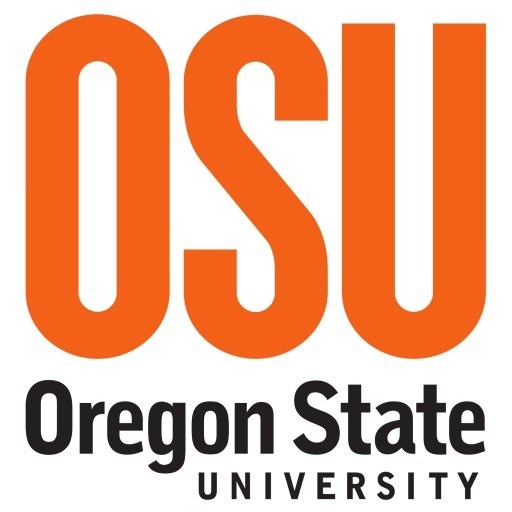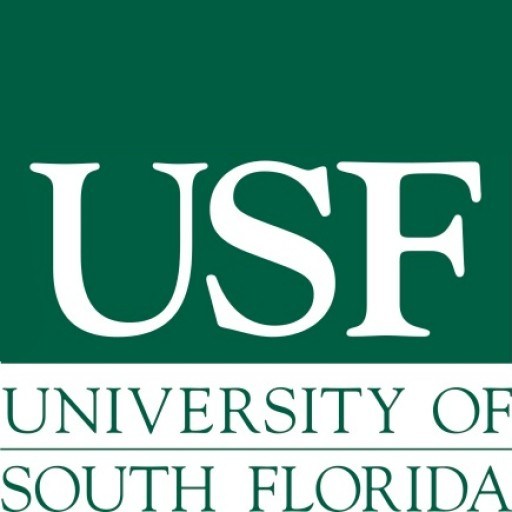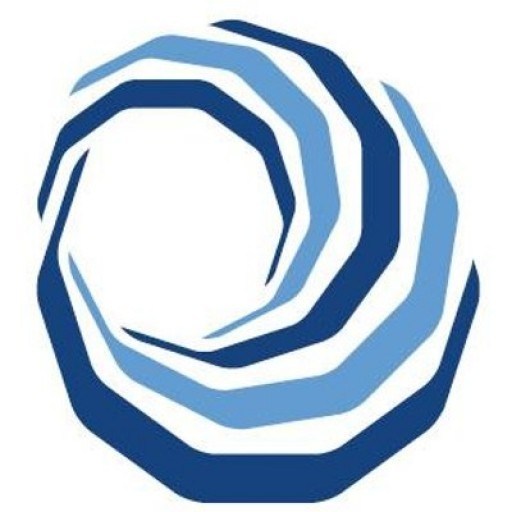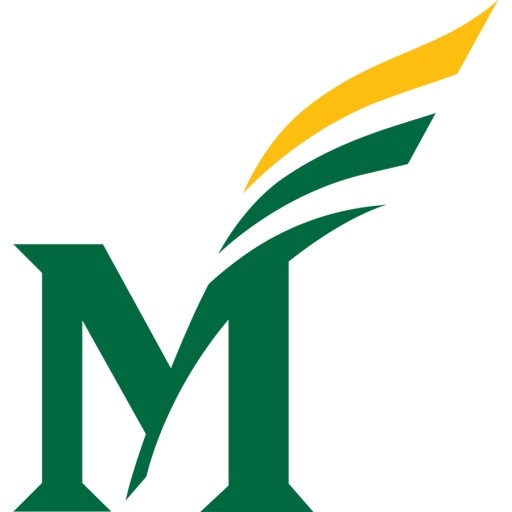The Bachelor of Arts in Business and Science with a concentration in Statistics and Biostatistics at Rutgers University-Camden offers students a comprehensive interdisciplinary education that prepares them for a wide range of careers in data analysis, healthcare, research, and business sectors. This program is designed for students who are interested in developing strong quantitative and analytical skills while also gaining a solid foundation in business principles and scientific methods. Throughout the curriculum, students explore essential topics such as probability, statistical inference, data modeling, and biostatistical methods, which are critical for interpreting complex data in real-world contexts. The program emphasizes practical applications, encouraging students to engage in research projects, internships, and collaborative work that enhance their understanding and prepare them for competitive job markets or advanced graduate studies. Students also have the opportunity to learn about the ethical considerations involved in biostatistics and business decision-making, ensuring they are equipped to handle challenges responsibly and ethically. The program's multidisciplinary approach ensures that graduates are well-equipped to contribute to fields such as healthcare, public health, finance, marketing, and data science. With a focus on both theoretical understanding and applied skills, students gain proficiency in statistical software and programming languages essential for modern data analysis. Rutgers-Camden provides state-of-the-art facilities, experienced faculty, and a supportive learning environment that encourages academic excellence and professional development. Graduates of this program are competitive candidates for careers in hospitals, government agencies, research institutions, and private companies, where data-driven decision-making is paramount. Additionally, the program prepares students for graduate studies in fields such as statistics, biostatistics, epidemiology, public health, and business analytics. Students can tailor their educational experience through elective courses and projects to align with their career goals and interests, making this program a versatile pathway for those interested in the intersection of business, science, and statistical analysis. Overall, the Bachelor of Arts in Business and Science — Statistics and Biostatistics at Rutgers University-Camden provides a rigorous, broad-based education that equips students with the skills and knowledge necessary for success in rapidly evolving data-intensive fields.
The Bachelor of Science in Business and Science — Statistics and Biostatistics at Rutgers University-Camden offers a comprehensive curriculum designed to equip students with essential skills in data analysis, statistical reasoning, and scientific research methodologies. This interdisciplinary program integrates rigorous coursework in mathematics, statistics, and biological sciences, preparing graduates for a wide range of careers in healthcare, pharmaceuticals, data analytics, research institutions, and public health agencies. Students will explore fundamental concepts in probability, statistical inference, experimental design, and biostatistical methods, gaining the ability to analyze complex datasets and interpret statistical results accurately. The program emphasizes the development of practical skills through hands-on experiences, including internships, research projects, and collaborations with faculty involved in cutting-edge scientific studies.
Throughout the program, students are introduced to advanced statistical techniques such as regression analysis, hypothesis testing, survival analysis, and statistical programming using languages like R and SAS. Emphasis is placed on applying statistical knowledge to real-world problems, particularly in biological and health sciences contexts. The curriculum also includes foundational courses in biology, chemistry, and health sciences to ensure students understand the scientific background necessary for biostatistics applications. In addition, students will develop critical thinking, problem-solving, and data communication skills, preparing them to contribute effectively to multidisciplinary teams.
The program is designed to be flexible, offering elective courses allowing students to tailor their education towards specific interests such as epidemiology, clinical research, public health, or health policy. Students are encouraged to participate in research initiatives and gain practical experience through capstone projects and practicum placements. Upon graduation, students will be well-equipped to pursue advanced degrees including master’s and doctoral programs or enter the workforce as data analysts, biostatisticians, research coordinators, and health data specialists. The Rutgers University-Camden Statistics and Biostatistics program stands out for its combination of scientific rigor, practical training, and opportunities for interdisciplinary collaboration, making it an excellent choice for students interested in the intersection of data science and health sciences.
Required coursework for the Bachelor of Science in Business and Science—Statistics and Biostatistics at Rutgers University-Camden includes foundational courses in mathematics and statistics, such as Calculus I and II, Introduction to Probability and Statistics, and Elementary Data Analysis. Students must complete core business courses, including Principles of Management, Principles of Marketing, Financial Accounting, Management Accounting, and Business Law. The program emphasizes developing quantitative skills through courses like Statistical Methods, Regression Analysis, Experimental Design, and Biostatistics, which involve hands-on experience with statistical software tools. A sequence of biology and health science classes, such as Principles of Biology, Human Anatomy and Physiology, and Introduction to Public Health, provides foundational knowledge relevant to biostatistics applications. To fulfill the liberal arts component, students choose electives in humanities and social sciences to meet overall degree requirements. Research methodology and ethical considerations in data analysis are integrated into advanced coursework, including Capstone Projects and Practicum experiences, which require students to demonstrate proficiency in applying statistical techniques to real-world data sets. Internships and collaborative projects with local healthcare agencies or businesses are encouraged to enhance practical skills. The program typically requires a minimum of 120-128 credits to graduate, including general education courses, major requirements, and electives. Students are also advised to develop competencies in statistical software such as R, SAS, or SPSS through dedicated lab sessions. Upon completion, graduates are prepared for careers in data analysis, health informatics, epidemiology, and related fields, or for graduate study in statistics, biostatistics, or public health. Continuous curriculum updates ensure alignment with current industry standards and emerging data science tools.
The financing of the Business and Science — Statistics and Biostatistics program at Rutgers University-Camden primarily relies on a combination of federal and state funding sources, institutional support, private scholarships, and student-paid tuition. As a public university, Rutgers receives significant funding from state appropriations, which helps subsidize tuition rates and supports academic infrastructure such as laboratories, faculty salaries, and student services. The university also actively seeks federal grants and research funding, particularly for programs related to biostatistics and health sciences, enabling the development of research projects and maintaining high-quality academic standards.
Tuition and fees constitute a major part of the program’s financing, with in-state and out-of-state tuition rates differing accordingly. Undergraduate students pay tuition based on Rutgers-Camden's established rates, which are periodically reviewed and adjusted. Graduate students, including those enrolled in specialized programs like biostatistics, may also pay differential fees. The university offers financial aid packages that include need-based grants, loans, and work-study opportunities to eligible students, aiming to increase accessibility and reduce financial barriers.
External scholarships, including private foundations and industry-specific grants, are also available for students pursuing statistics and biostatistics degrees, especially those engaged in research or internships. Rutgers University-Camden supports various fundraising initiatives and alumni donations, which contribute to scholarships and program development. Additionally, research grants from agencies such as the National Institutes of Health (NIH) and the National Science Foundation (NSF) support faculty research and student assistantships in biostatistics and related fields. These sources not only enhance the educational experience but also help sustain the program financially over the long term.
Institutional investments are directed toward maintaining state-of-the-art laboratories, software, and other learning resources necessary for a contemporary curriculum in statistics and biostatistics. The university also promotes partnerships with healthcare organizations, government agencies, and private industry, which can provide internships, research opportunities, and co-sponsored projects that further support the program’s financial stability.
In summary, the financing model for the Business and Science — Statistics and Biostatistics program at Rutgers University-Camden integrates public funding, tuition revenue, external research grants, private scholarships, and institutional fundraising efforts. This multifaceted approach ensures the program remains competitive, accessible, and capable of providing high-quality education and research opportunities to its students.
The Bachelor of Arts in Business and Science — Statistics and Biostatistics at Rutgers University-Camden is a comprehensive program designed to equip students with essential skills in statistical analysis, data interpretation, and biostatistical methods. The curriculum emphasizes not only theoretical knowledge but also practical application, preparing graduates for careers in healthcare, research, data analysis, and related fields. Students have the opportunity to develop proficiency in statistical software, research methodologies, and data-driven decision-making processes, all within the context of biological and health sciences. The program often includes coursework in calculus, probability, statistical inference, and bioinformatics, providing a solid foundation for understanding complex data sets typical in biomedical research. Rutgers University-Camden’s faculty are experienced experts in statistics and biostatistics, offering mentorship and research opportunities that enhance experiential learning. The program aims to foster analytical thinking, quantitative skills, and a deep understanding of statistical principles, enabling students to contribute meaningfully to scientific discoveries and healthcare improvements. Graduates may pursue advanced studies in data science, epidemiology, public health, or enter the workforce in clinical research organizations, pharmaceutical companies, hospitals, government agencies, or academia. The interdisciplinary nature of the program also allows students to combine their statistical expertise with knowledge in business, healthcare, or biological sciences, broadening their career options. Rutgers University-Camden supports students through various resources including internships, research projects, and career counseling to facilitate their professional development. Overall, the program provides a rigorous, versatile education that prepares students for the evolving demands of data analysis in the biological and health sciences sectors.






